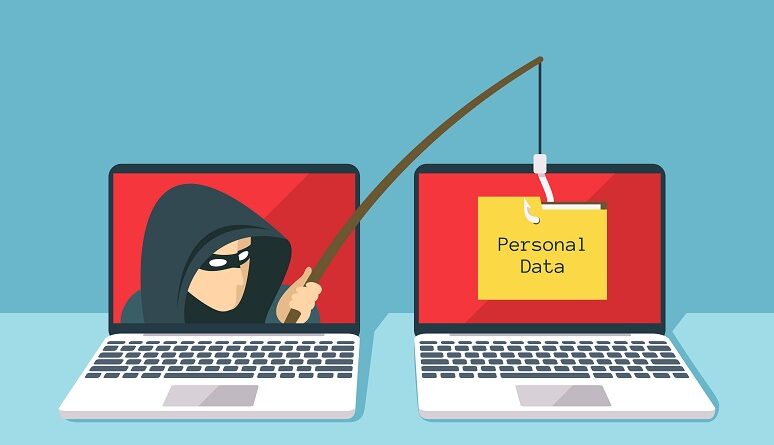5 Essential Online Security Tips to Safeguard Your Digital Life
In a world where everything, from entertainment to government services, has migrated online, it can be disheartening to feel that our expectations of privacy have been diminished. With data leaks and inadvertent oversharing on social media, it’s crucial to take steps to enhance our online privacy. Here are five simple strategies to achieve that:
1. Adopt a Password Manager:
Safeguarding your online accounts begins with using unique and secure passwords. Avoid the temptation of reusing passwords or using easily crackable ones. Instead, opt for a password manager like 1Password, Dashlane, Keeper, LastPass, or NordPass. These applications securely store your passwords in an encrypted vault, generate strong passwords for each service, and ensure you never duplicate passwords.
2. Minimize Tracking:
You’ve likely experienced the phenomenon of commenting on a friend’s photo on Facebook only to be bombarded with related ads across various websites. This targeted advertising relies on detailed user profiling. While social media platforms track your interactions, you can minimize tracking by being mindful of what you say and where you say it. Additionally, consider using alternative browsers that aren’t signed into major services like Google, reducing the level of tracking done on you.
3. Conceal Your IP Address with a VPN:
Ever encountered ads that seem to know your exact location? Protect your privacy by using a Virtual Private Network (VPN) app. VPNs route your internet traffic through a remote server, masking your IP address and encrypting your data for added security. Look for trusted VPN brands such as ExpressVPN, NordVPN, Surfshark, or Proton to ensure your privacy is upheld.
4. Audit App Permissions:
Many of us accumulate a multitude of apps on our smartphones for various needs. However, some apps may request unnecessary permissions to access sensitive information such as files or location data. Regularly review and adjust app permissions in your smartphone’s settings to limit unnecessary access. Consider alternative apps that require fewer intrusive permissions or offer more control over tracking.
5. Think Before You Share:
While it may seem obvious, exercising caution before posting personal information online is crucial. Avoid revealing your vacation plans or other details that may pose security risks. Even seemingly innocuous interactions like wishing someone a happy birthday can inadvertently disclose personal information. Be mindful of quizzes and online surveys that can gather personal details used for password recovery or identity verification.
Remember, prioritizing privacy in our online lives is essential. By following these strategies, you can maintain a greater level of privacy and security in an increasingly digital world.










